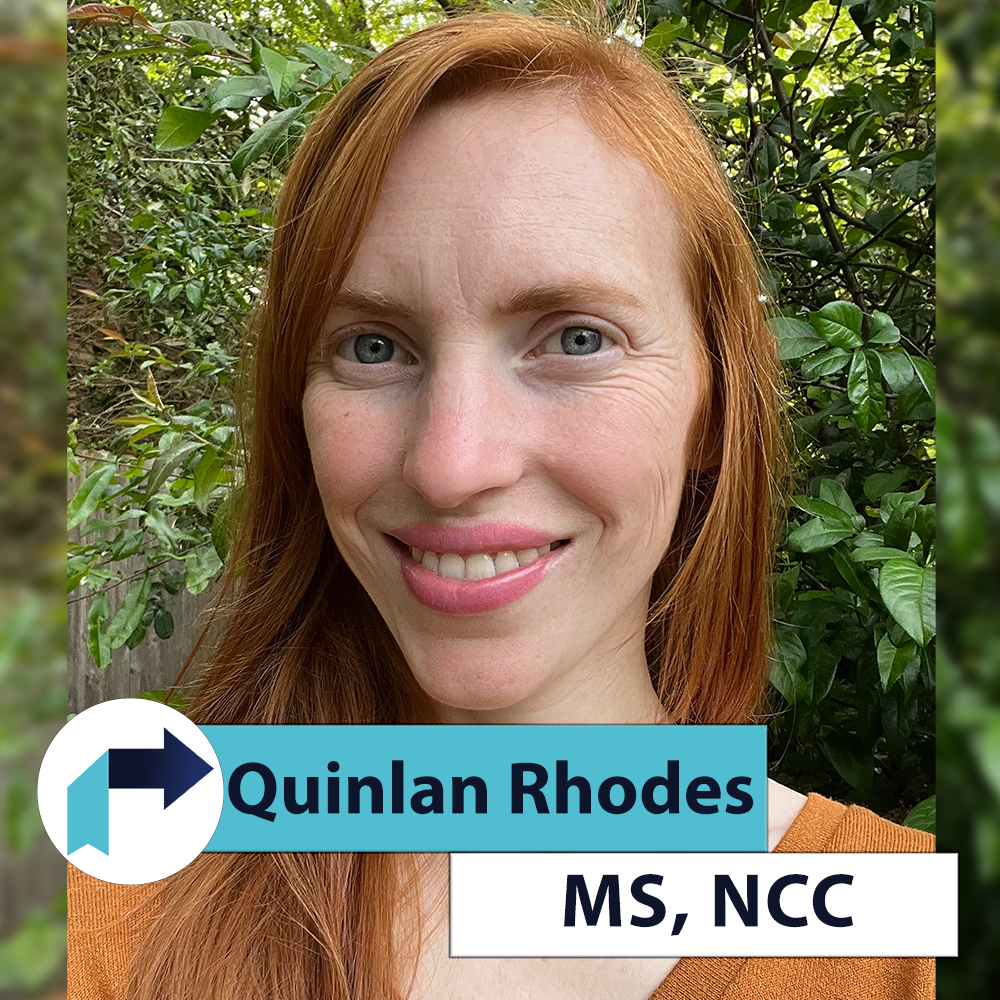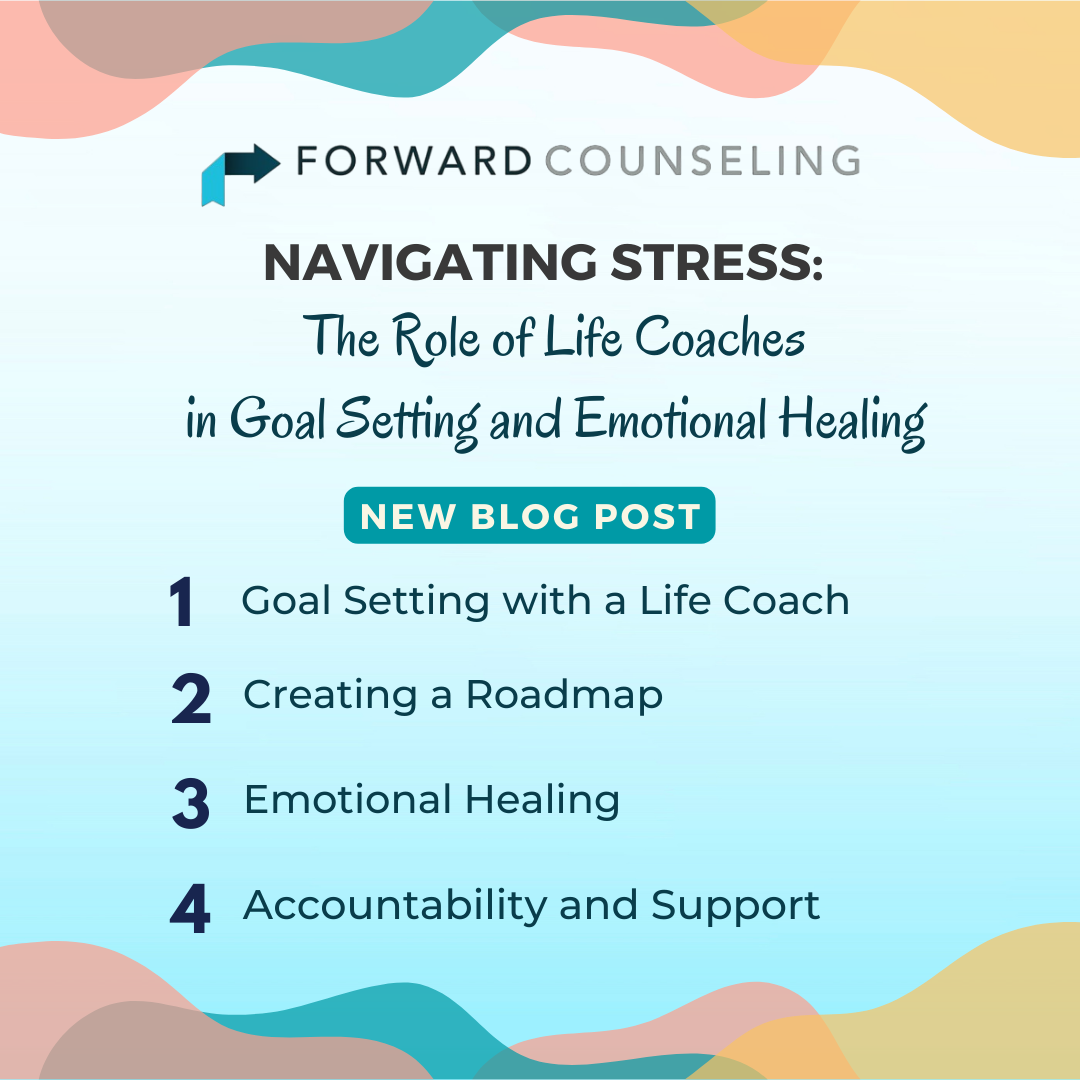Q&A with Nurse Practitioner Lisa Everhart
/Q&A
with Psychiatric Nurse Practitioner Lisa Everhart
Lisa is a dual certified psychiatric and women’s health nurse practitioner with a master’s degree in nursing from Vanderbilt University and a Doctor of Nursing Practice degree from University of Tennessee Health Science Center.
She has experience treating a range of acute and chronic psychiatric conditions and has specialized interest in women’s mental health across the lifespan including treatment of mental health conditions common to adolescence, prenatal/postpartum periods, pregnancy/child/partner loss or separation, sexual dysfunction, infertility, menopause, and life transitions.
Why should someone see a psychiatric nurse practitioner?
A psychiatric nurse practitioner, psychiatric-specialty physician assistant, or psychiatrist can help you determine whether medications will be helpful in treating your psychiatric symptoms. Psychiatric medications help to balance electrical, chemical, and structural systems in the brain and nervous system and can often be used to enhance the benefits of psychotherapy. For some psychiatric conditions, medications are necessary to maintain long-term safety and symptom control.
What trainings have you completed?
In addition to my psychiatric-mental health NP certification, I maintain board certification as a women’s health nurse practitioner to stay current on women’s health care issues. I’ve also completed training in women’s mental health care across the lifespan to be sure my treatment recommendations are aligned with best practices in this area.
Why did you choose your specialty?
I love women’s health care but for years I’ve struggled with a lack of mental health referral services for the women I’ve met. I remember years ago taking care of postpartum clients and hoping they would not bring up
depression/anxiety at their visits because I had nowhere to send them! After all these years, the picture hasn’t
changed much so I decided to grab some psychiatric training to jump in and do something about it. My goal is for women to realize they are not alone in the struggles they experience and that their mental wellbeing is a vital component of their overall health.
What therapeutic approaches do you use?
Supportive listening and unconditional positive regard are two approaches I bring to each and every client interaction. I want clients to feel safe in sharing their stories and empowered to actively participate in their care decisions. I don’t have in-depth training in any specific therapy approach, but I utilize cognitive behavioral therapy, interpersonal therapy, and trauma-resiliency model concepts when working with clients.
What do you do outside of work to maintain a healthy, well-balanced life?
I spend time in nature. Sometimes that means getting only as far as my driveway to pull weeds, but whenever I can I get to the park or any patch of green for a walk. There’s always something new and pretty to see and it helps keep my body active and my brain at peace. I’ve also found that limiting the news to a few minutes a day and limiting participation with social media feeds has helped promote a more positive perspective on life.
How do you pass your time when you’re not working with clients?
When COVID began I had a lot of free time and decided to start a new hobby of rock/fossil hunting. It’s fun because they are easy to find and absolutely everywhere here in Tennessee. Holding something in my hand that may be thousands to millions of years old never fails to amaze me. Add a cheap tumbler that can make plain brown rocks sparkle and shine, and I’m at the point of calling it an obsession.
If you weren’t a nurse practitioner, what would you be doing?
I honestly don’t know. I’ve spent about half my nursing career teaching and count myself lucky in finding two careers that I’ve absolutely loved. I could do both or either, as long as it’s still nursing. I’m pretty excited about blending my two specialties of women’s health and mental health into this new practice. It feels like I’ve been on a path that has been leading to this for a long time.
Do you typically recommend medication? What coping methods would you suggest to someone who does not want to take a prescribed medication?
Most of the clients I see are seeking medication recommendations for management of psychiatric symptoms. I usually get a sense of their diagnoses and needs from our first visit then make recommendations as appropriate. I consider therapy the superhero of psychiatric treatment, so I often recommend therapy in combination with medication management. For someone seeking therapy-only, I review potential benefits/drawbacks/limitations of medications so they can make an informed treatment decision and refer to therapists based on individual treatment needs.
How should a prospective client prepare for the first session?
It’s always helpful when a client can provide a good history of past psychiatric and medical conditions and treatments they have tried. Sometimes that takes some thought and digging before the visit, but it will move us more quickly to solutions if we have a clear idea of your starting point. A first visit may be less about connection and more about information gathering.
Expect a lot of personal questions and feel free to let your provider know if there is a question you don’t feel comfortable answering that day. Also, be sure to ask questions and speak up if you have concerns about a proposed treatment. Even the best medication ideas will not work if the user isn’t comfortable taking them. Regarding expectations, the slow fixes are the sustainable fixes. In our rapid-paced world of instant everything, many clients seem to be looking for magic pills that offer immediate relief.
Our brains are all very delicately and uniquely balanced and repairs are doable but complex and slow. Little wins are more likely than overnight successes, but they will snowball into a big effect with time, tuning, and patience.






